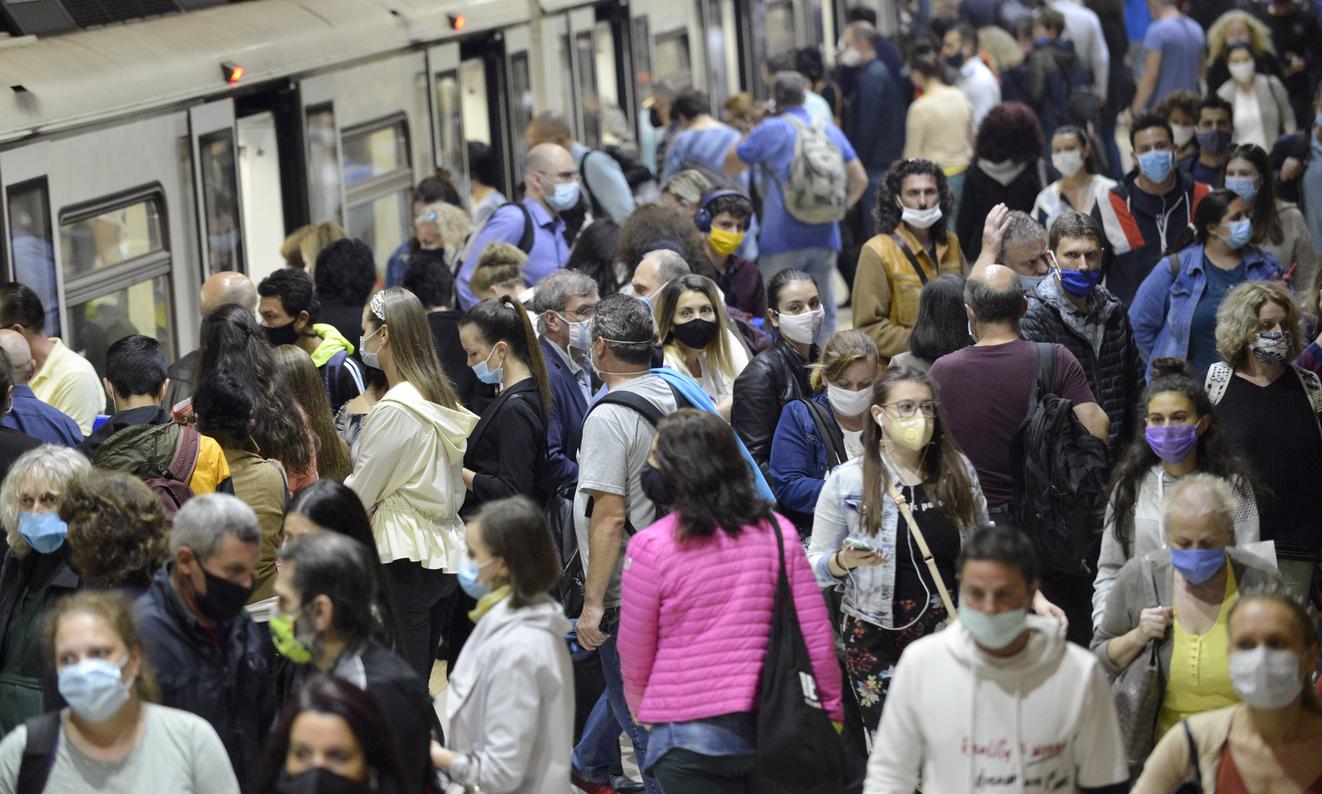Since the start of the flu epidemic last October, 1,100 deaths are directly attributable to the virus, according to the latest Epidemiological Bulletin of Public health France. As the flu wore off permanently installed in all regions, the rate of consultations for flu syndrome is increasing sharply, as well as the number of hospitalizations. These particularly concern people aged 75 and over (43%) and children under 5 (15%).
Viruses have mutated
Doctors were able to draw a portrait of the virus strains that circulate the most in France this winter. These are the influenza A strains H3N2 and H1N1pdm09, viruses against which the vaccine protects moderately, regretted the Minister of Health Agnès Buzyn on the branch of Europe 1.
This weak protection is due to the fact that the vaccine is made on the basis of predictions. And that sometimes (as is the case this year), the virus mutates and is not the same at the time of the epidemic. “The time to manufacture a vaccine, it takes several months, and manufacturers are betting on the mutations to come. Sometimes the bet is winning, occasionally moderately won, sometimes not at all “ explained the minister.
It is all the more regrettable that this winter, the vaccination rate of people at risk had started to rise again, going from 41.3% to 42.9% compared to last year.
Good anti-flu reflexes
If you are affected by the virus, doctors advise you to:
- Stay warm in your bed and hydrate you. The fever curve will rise sharply on the first day (39 to 40 ° C), regress around the third or fourth day, then rise again on the fifth day before disappearing.
- Lower fever if it exceeds 38.5 ° C with 1 to 2 tablets of paracetamol at 500 mg per dose, to be renewed if necessary after a minimum of 4 hours, without exceeding 3 g per day.
- Take an antiviral (Tamiflu, on medical prescription) to reduce symptoms. To be effective, this medication must be taken within 48 hours of the onset of symptoms.
Read also
Flu: what do we have as misconceptions
How to recover well from the flu
Flu: 10 effective measures against viruses
















